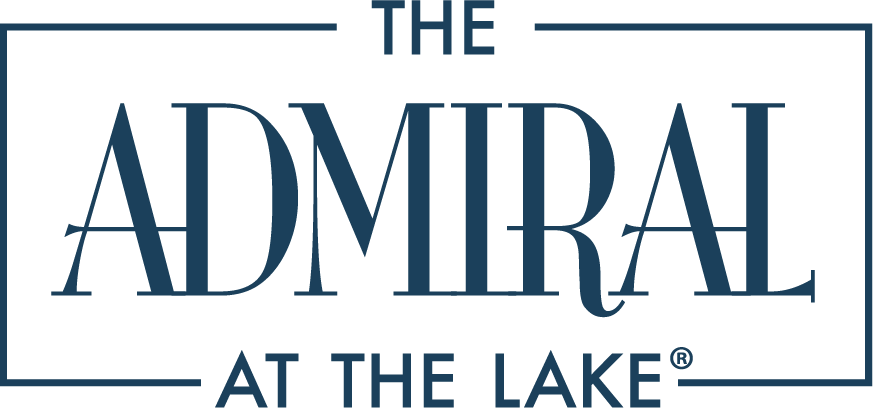Instrumental activities of daily living (IADLs) are activities that you complete to live a high-quality and independent life. Different from activities of daily living (ADLs) which are daily tasks necessary for functioning, your instrumental activities of daily living are more complex as they require planning and contain multiple steps within each activity.
For seniors, these IADLs, are important to maintaining quality of life. Finding out what IADLs are or the meaning of IADLs, and the processes that go into each activity will help you determine if you or a loved one is living the highest quality of life possible.
Cooking
Cooking meals is a vital IADL because you need sustenance each day, and it involves several important steps for both safety and health. You need to plan your meals, get to the grocery store for food shopping, prepare the ingredients, and cook the meal using items like a stove or oven.
This involves thinking ahead, putting together the separate components of a nutritious meal, and keeping track of time as different foods cook.
Cleaning
Keeping your household clean helps you maintain a high quality of life by being in an organized and calm environment. For example, a clean bedroom can improve sleep quality. Regularly wiping down surfaces and keeping your house free of dust can also help you get rid of germs and stay healthy.
You also avoid tripping hazards when walkways are clear, and everything has a place. Falls are the leading cause of accidental injuries for older adults aged 65 and up. Clutter, wires, or unanchored carpet in your home can increase the risk of a trip and fall.
Cleaning requires complex thought because it’s continuous. Vacuuming, dusting, wiping down surfaces, and tidying up doesn’t need to happen every day but should be done regularly.
Managing Finances
Managing money includes paying bills on time and not overspending beyond your budget. Keeping track of bills, due dates, and spending within your means is a crucial part of living a healthy financial life.
Transportation
Running errands, getting to appointments, or going out and about for fun requires a form of transportation. This can be by driving your own car or using public transportation like buses or trains.
When you don’t have a reliable means of transportation, it can severely limit your quality of life as you may feel like you’re unable to leave your house or apartment. Having a way to get you to your destination can instill confidence in your independence.
Laundry
Much like cleaning, keeping up with laundry so you’re wearing clean clothes and using fresh sheets and towels is important to your health and well-being. This is an IADL because the process involves using the washer, dryer, folding the clothes, and putting them away regularly.
Medication Management
Keeping track of your medications, taking them at the right time, and refilling and picking them up as needed are essential for your health and well-being. It’s important that you know when to take certain medications, how much, and the best way to take them (with food, on an empty stomach, morning or night, etc).
How Are IADLs Assessed?
A medical professional, like a physician, can assess you or a loved one’s IADLs. The physician may ask questions like:
- How do you go shopping, do you take yourself or does someone else take you?
- Does someone help you take medications, like a family member or caregiver?
- Do you pay bills on time, or have you forgotten to pay a few?
- Do you conduct your own banking?
- When you cook, do you use the oven or stove?
These questions take into account your ability or a loved one’s ability to perform these tasks on their own or if you or a loved one has stopped using common household appliances like the washing machine or oven. When IADLs are difficult, it may be time to consider other living options.
How to Qualify for Assisted Living
If you or a loved one needs help accomplishing your ADLs or IADLs and have had a doctor’s assessment, then you may qualify for assisted living.
Before moving into a community, kind and compassionate professionals from the community can help with assessing your or your loved one’s needs so they’re prepared to give you or your loved one the right level of care and resources. This is to help you or a loved one stay as independent as possible.
For example, it may be that, for the most part, you’re able to live independently but need help with transportation. However, other residents may need help with getting dressed, eating, and nearly all the types of ADLs and IADls.
While you or a loved one can receive a high level of care while still in assisted living, having medical needs that require around-the-clock care would likely mean you’d need a higher level of support, like long term care.
When you or a loved one is moving into an assisted living community, the team at the community will implement a care plan that will include how they will support you or your loved one with assistance with ADLs and IADLs.
No matter what level of assistance you or your loved one needs, moving into an assisted living community where you or your loved one will receive care and support will allow you to live a high-quality life.
Assisted Living at The Admiral at the Lake
At The Admiral, we offer care levels based on your needs, including support with ADLs and IADLs. Give us a call to learn more about how we can help in your senior living experience.
